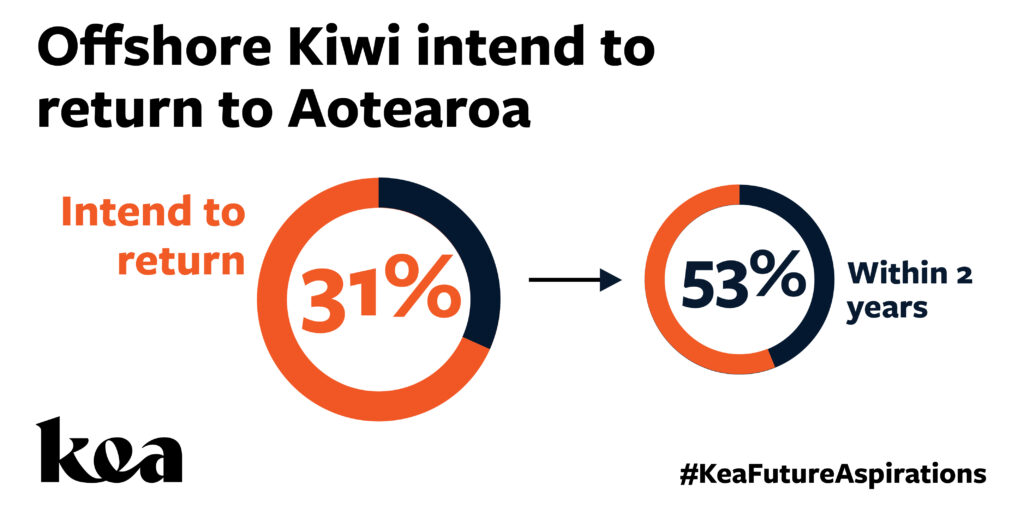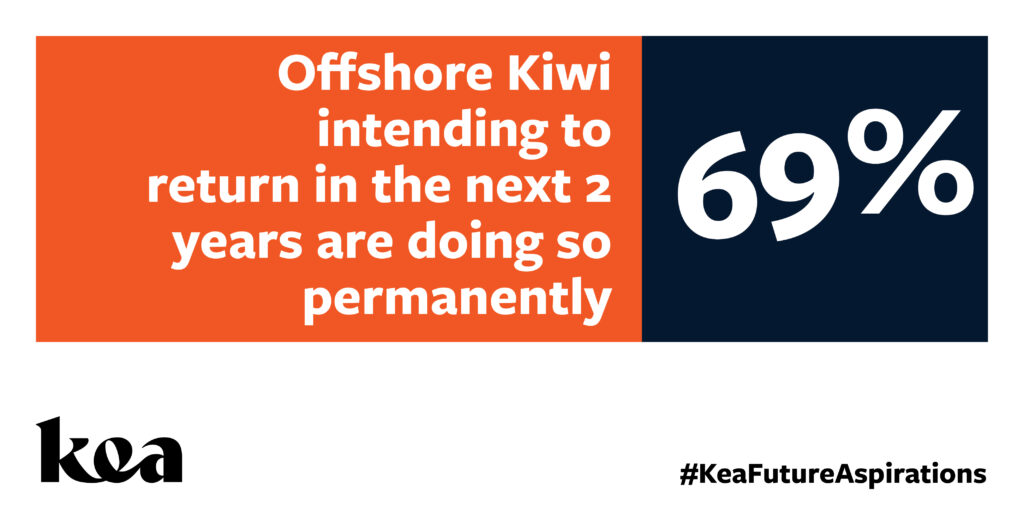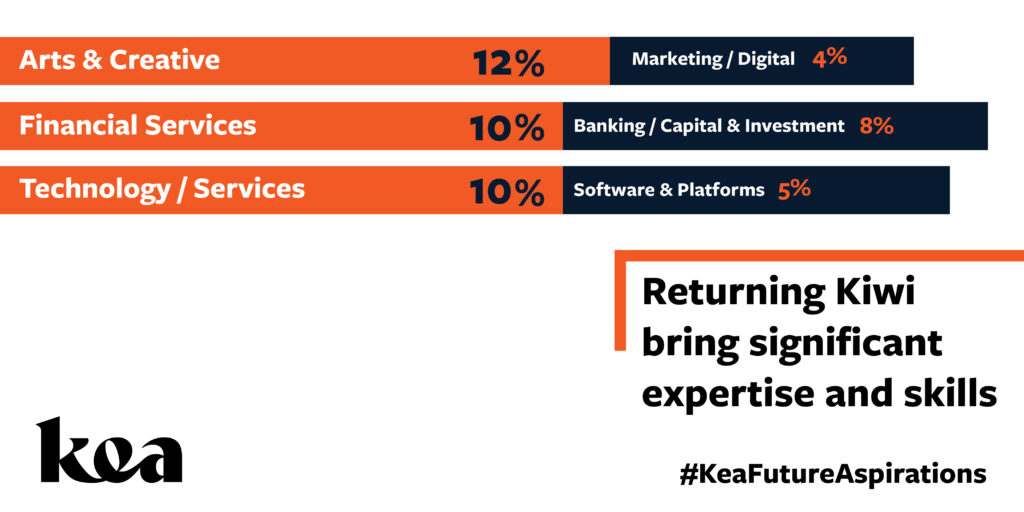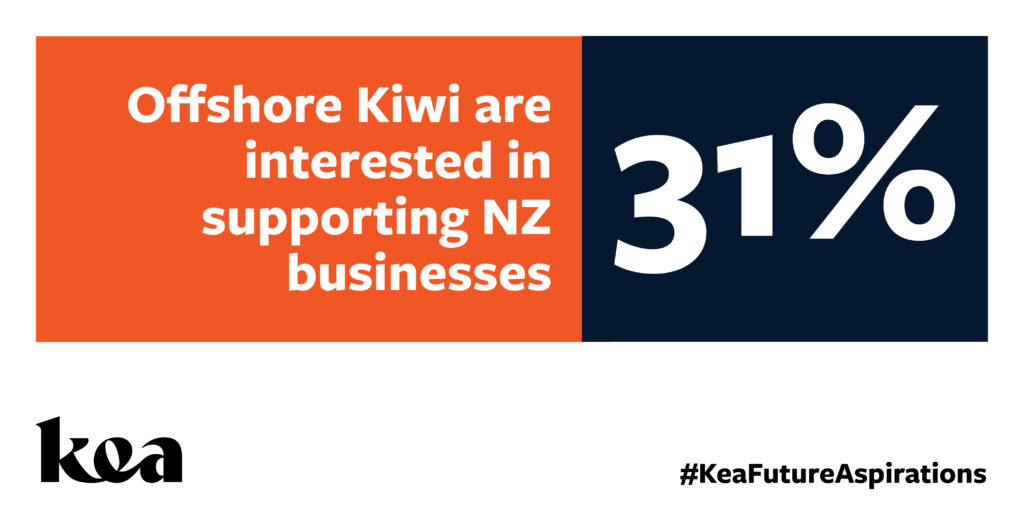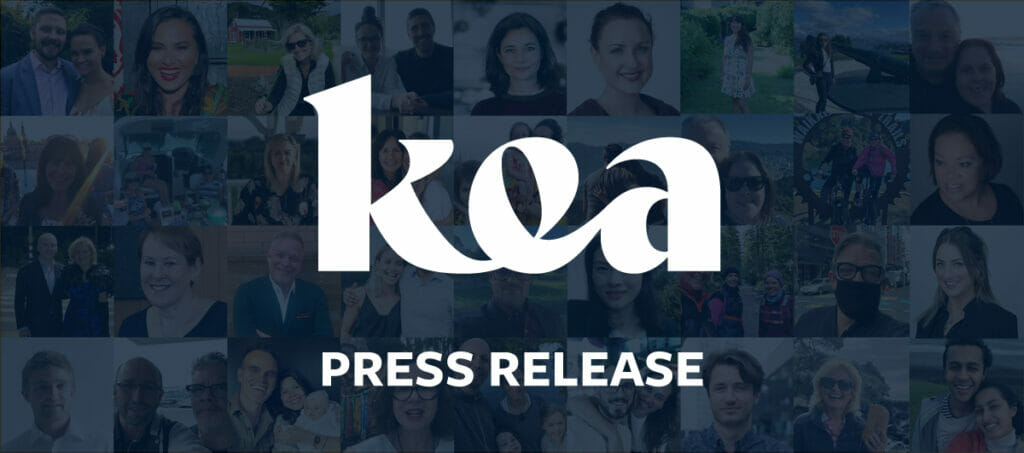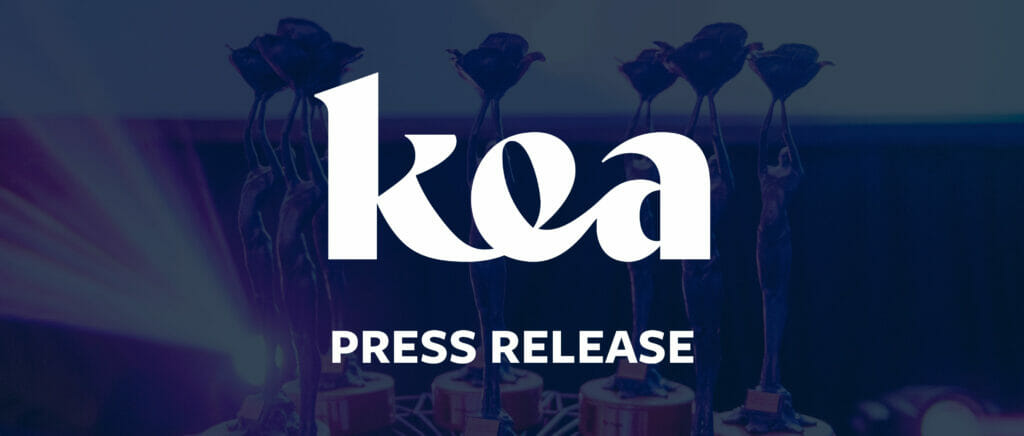
A key focus for New Zealand in 2022 is to refresh and strengthen our global trade relationships, and to not only reconnect our country to the world but also the world to Aotearoa. And it is here that our offshore and returning Kiwi community should play a vital role.
One million Kiwi live offshore. This community offers New Zealand an incredible resource of skills, knowledge, connections and experience. Harnessing the power and inspiration of this community is key to ensuring a smooth and successful recovery and navigating the challenges and opportunities that lie ahead as we work to re-energise our economy and show our trading partners we remain competitive on the world stage.
Research shows 18% or almost a fifth of Kiwi live offshore, many of them in countries which are several months further down the track with their opening up strategies. These Kiwi have already navigated various reopening challenges and are keen to share this knowledge particularly with the business community. The recent discovery of the Covid Omicron strain is a timely reminder that the pandemic situation will continue to shift and evolve. This is yet another reminder of the huge potential to be gained from learning from the ongoing experiences of this community.
Ganesh Nana, Chair of the New Zealand Productivity Commission – Te Kōmihana Whai Hua o Aotearoa, recently urged New Zealand to “be proactive in ensuring the distinctive skills, knowledge, experience, and connections of our offshore and returning Kiwi community are used to lift innovation, productivity, and the wellbeing of all in Aotearoa.”
Utilising the power of a country’s offshore community or diaspora, is not a new phenomenon. In fact many countries around the world are actively engaging in research on how best to leverage this growing opportunity.
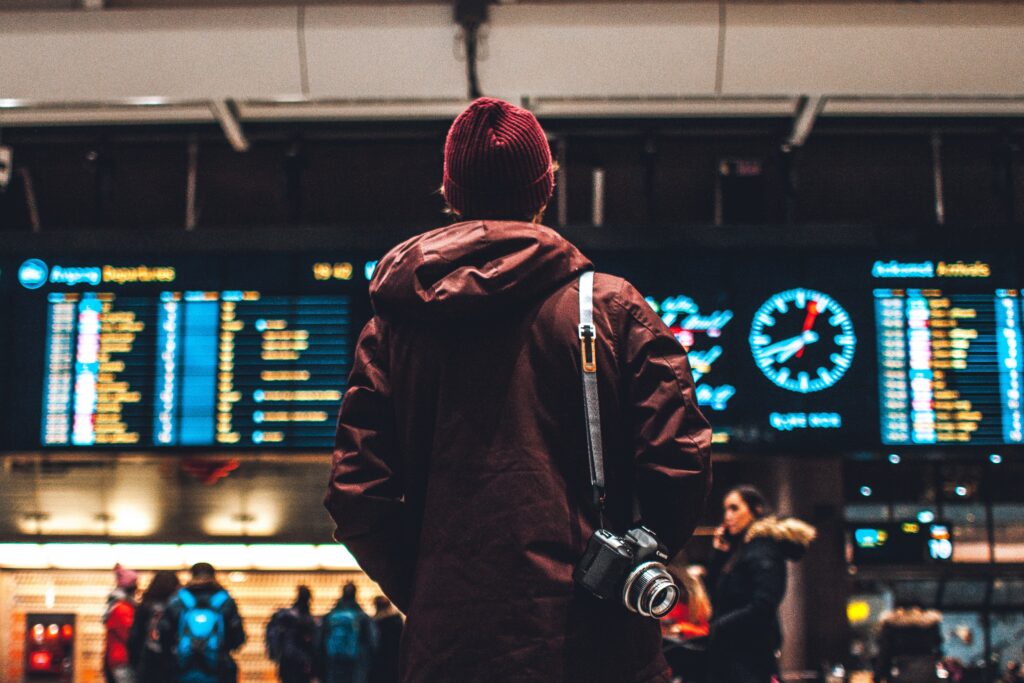
The International Organisation for Migration predicts that over the next decade, governments, multilateral organizations and corporations will be drawn to the diaspora sector, with investment in it growing substantially. The sector will be seen as a “whole-of-government” issue that needs time, attention and resources.
IOM spokesperson for Asia and the Pacific, Itayi Viriri, says diasporas have a huge potential for leading sustainable development in their countries of origin and this potential is often most evident in island nations with large diaspora communities such as New Zealand.
“Members of a diaspora can help open doors for their country of origin politically, through public diplomacy and economically, through nostalgic trade and their own commercial activities. These opportunities would otherwise be difficult for the country to achieve due to limited visibility on the international stage, lack of connectivity due to geographic remoteness, and/or limited resources for formal diplomatic or trade promotion activities. This bridging role of diaspora communities is an invaluable resource for countries of origin, however it cannot be assumed as a given. Institutions in the country of origin must work to build and maintain the trust of their offshore community who may easily feel neglected or disconnected if there is a lack of proactive outreach.”
Across the world we can see inspiring examples of how connecting with a country’s offshore community has a positive impact on the growth and development of a nation.
For example, the Institute for International Economics found that Koreans living in the United States have generated an increase of trade between the two countries by around 15-20%.
The Korean Government considers offshore communities to be valuable sources of global talent and potential investment. By leveraging its overseas population with an eye towards enhancing national economic competitiveness, Korea trades more with countries where a larger number of ethnic Koreans reside. In 2017, more than 600 small and medium-sized companies in Korea signed deals with Korean entrepreneurs living overseas to further enhance Korea’s economic profile.
Further research this time into offshore Indian communities in the US further supports this economic advancement theory. Indians living and working in Silicon Valley in California, showed 27% regularly exchanged information on jobs or business opportunities and technology with people back in India. 46% had been a contact for domestic Indian business and 23% had invested their own money into Indian start-ups.

There is no reason why New Zealand shouldn’t be able to harness similar benefits from our offshore community. Our Kea Future Aspirations Survey showed 25% of Kea’s offshore community are interested in being a brand ambassador for New Zealand, 18% are interested in New Zealand board and advisory positions and 17% are interested in giving time and mentorship to NZ businesses. The opportunities that this community presents are there for the taking.
As we look ahead to 2022 and focus on reconnecting with the world we must make sure that we are not wasting an opportunity to harness the power of our offshore community. Next year will represent a key turning point in our battle against Covid and it is vital that we all work together to ensure the best outcomes for the productivity of all Aotearoa.
Kāhore taku toa i te toa takitahi, he toa takitini – we cannot succeed without the support of those around us.
If you’d like to enlist the ideas, experience and networks of our offshore Kiwi to support your business, get in touch with Kea and let’s engage more of our global explorers for a more productive New Zealand.
COMING HOME?
Resources
We’re here to support returning Kiwi. Here’s our list of resources to help you plan your return and next steps.
Jobs
Looking for a new role in New Zealand? Visit the Kea job portal and find your next career opportunity.

 MENU
MENU

